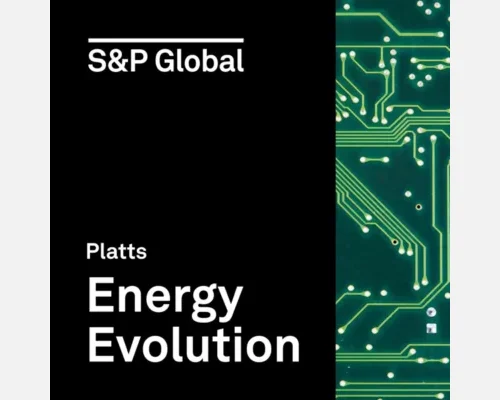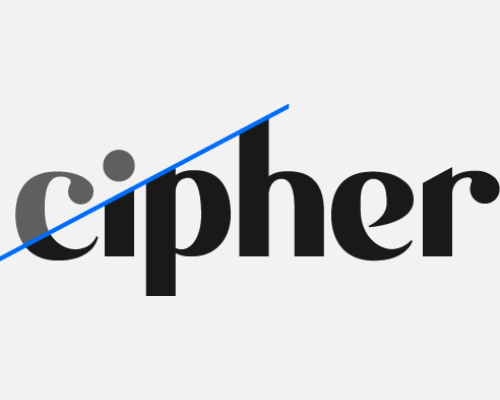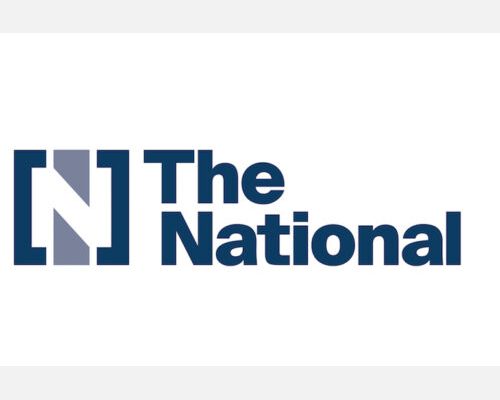
Climate Realism Discussions at Council on Foreign Relations
EFI Foundation Founder and CEO Ernest Moniz was joined by Mary Louise Kelly of NPR for the launch event of the Climate Realism Initiative. This piece discusses Moniz’s keynote session and desire to “talk about what we can do to achieve real progress,” in relation to climate goals.
Read the article.









